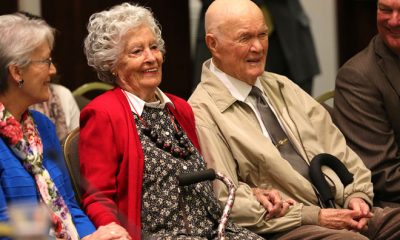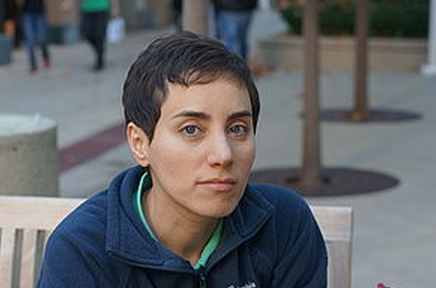There is a government library in each ward in Myanmar, and we are talking thousands here. However, the libraries only have a few reading materials in stock. With the scarcity of new and good reading materials, avid readers and writers teamed up to form self-directed and cooperative reading rooms that are well-stocked with good books, updated journals and periodicals. Readers do not mind paying to get access to new reading materials that enrich their knowledge and keep them updated.
Educational decline
Despite having established thousands of public libraries throughout the country, these are barely maintained that the contents of the libraries are outdated. Likewise the quality of education in Myanmar continues to decline. It is attributed to the government’s low investment in social sectors as well as its people’s limited access to development. As such the poor had been deprived of even the access to primary education.
The United Nations International Children’s Emergency Fund, or more commonly known as UNICEF, said that about 33% of school-aged youth in Myanmar are not attending school, while 70% are not able to finish their elementary education. Rote learning, the concept of using the memorization technique through repetition, is the norm in government schools in the country. Thus, the thousands of libraries in the country, with their outdated inventories, have little effect on the community by and large. Most children have never even touched an age-appropriate book.
The challenge to educate
According to writer Pe Myint, reading literature develops the brain. He believes that their country needs good libraries because in colonial times, publishers, readers and literature lovers had reading associations where they exchanged literature and knowledge. According to city residents, the government libraries are rarely used and have erratic opening hours. The libraries lack journals and daily newspapers. Due to these factors, people feel discouraged to enter the libraries and read.
Avid readers and writers have set up cooperative reading rooms as well as self-generating libraries, where users can spend time enjoying books for a minimal fee. These places receive book donations and journals that add to their stock. Residents in the suburban townships have also established reading rooms where they can share resources to gain more access to journals and books.
Contribution from non-profit organizations
Jolkona Foundation partners with Educational Empowerment (EE) in providing access to education in Myanmar. This project aims to enhance the children’s future economic opportunities and improve their fundamental reading skills. EE joined forces with the local Myanmar community-based organizations to publish books, develop libraries as well as provide learning materials and teacher-training. All activities under this project are being executed through volunteer efforts and fundraising. EE has already made a significant impact to 3,000 children, teachers and community members.
In 2008, about 2.4 million people in Myanmar were affected by Cyclone Nargis. Three divisions (Yangon, Bago and Ayeyarwady) and two states (Mon and Kayin) were severely damaged, killing approximately 84, 537 people and leaving more than 53, 000 people missing.
The Cyclone Nargis Transition Program of World Vision Myanmar focused on the rehabilitation and recovery after the calamity. Part of this is the establishment of reading rooms for the community members that include not only the children, but also the adults such as livestock farmers, agriculture farmers and those who would like to start their own businesses. The Myanmar Book Aid and Preservation Foundation assisted World Vision Myanmar in putting up reading rooms in delta areas like Pyapon and Bogale. Other local community groups and local NGOs participated in this particular program, as well. World Vision Myanmar was able to establish 20 reading rooms with the appropriate learning materials to increase the knowledge and skills of the community members.















Facebook
Twitter
Pinterest
Google+
LinkedIn
Email